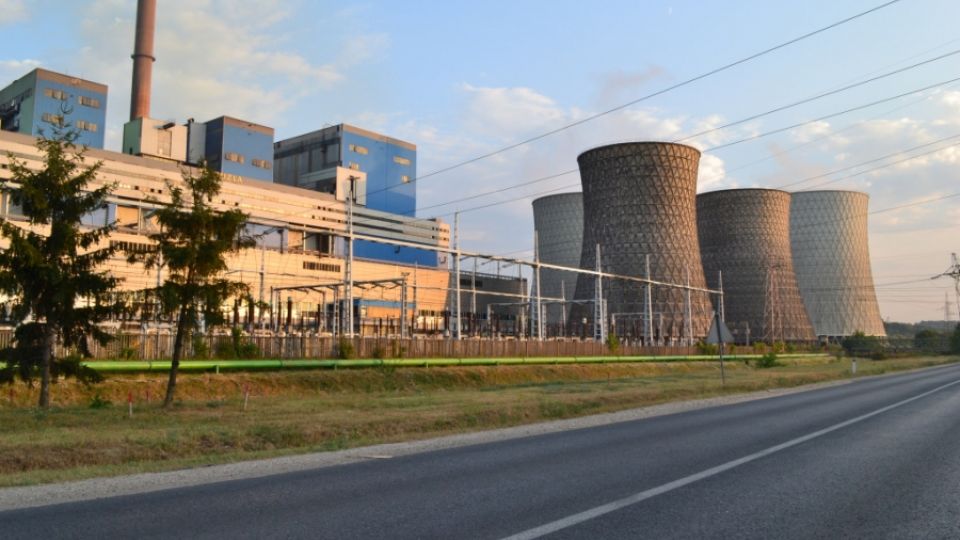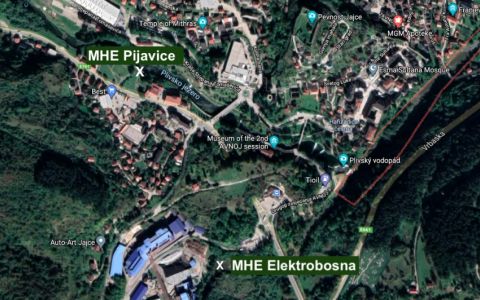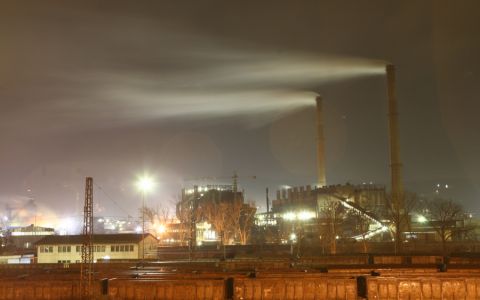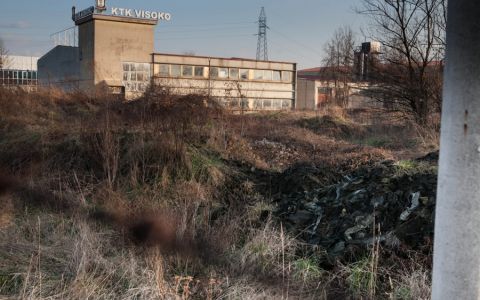Electricity generated in coal power plants is one of the most important export articles for Bosnia and Herzegovina, and one of the pillars of economic strategy. However, burning of low quality brown coal in obsolete factories lacking desulphurization filters causes large damage to the environment. In June 2014, Parliament of the Federation of BiH has declared two projects of the new power plants as "in public interest": Block 7 of Tuzla Power Plant and new plant in Banovići near existing coal mine just a few kilometers away from Tuzla were approved and the projects are currently in the preparation phase.
In the months following to approval, environmental impact assessment (EIA) has been conducted and environmental permits issued. The loans should be guaranteed by the state.
Ekotim non-governmental organization reviewed issued permits for 300 MW Banovići power plant in September 2014, and revealed a great failure: no emission limits were set. The EIA study was also prepared negligently. Its authors probably copied parts of the text from other studies along with some errors – and these copied errors convicted them. It became evident that the poor quality EIA study is the reason why provisions and regulations in environmental permits are so vaguely stated.
Ministry explains
Based on the query, the Ministry admited that they made a mistake and stated that the emission limits should be and will be set. But the new environmental permits contained another error: the limits were calculated for the 300 MW of nominal capacity, instead of 790 MW installed capacity of the power plant boiler, and thus set too benevolently.
It goes without saying that emissions are the major impact that coal combustion has on the environment. Moreover, Bosnia and Herzegovina is a member of Energy Community treaty between the EU and some non-EU countries on joint energy market and thus it has to follow selected parts of the EU acquis, inter alia the ones on air protection. In a case of incompliance, financial sanctions might be imposed on the country. Because the decision of the Ministry did not offer the possibility to appeal, Ekotim had to submit a lawsuit to the Cantonal Court in Sarajevo with the demand to annul an unlawful decision.
Limits shall exist
The proceedings were launched in December 2014. The verdict pronounced in March 2015 demonstrated that the civil society objections were right. The decision on environmental limits was annulled, and thereby the whole environmental permit issued for the power plant became cancelled for incompliance with both national law and international agreements. The Ministry has to consider the whole project again and issue new permits.
________________________________________
Environmental impact studies written by private companies are not always well prepared. This threatens professional quality and objectivity of environmental permits issued by the state authorities, because in the end, the content of the permits is a state responsibility. Incompliance of environmental permit with domestic law and international agreements is enough serious reason for annulling permit at court.







